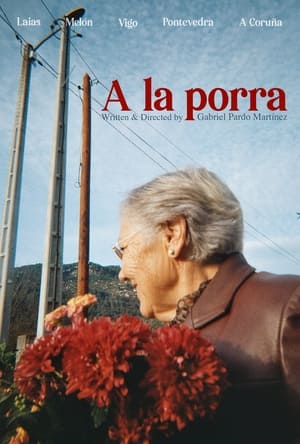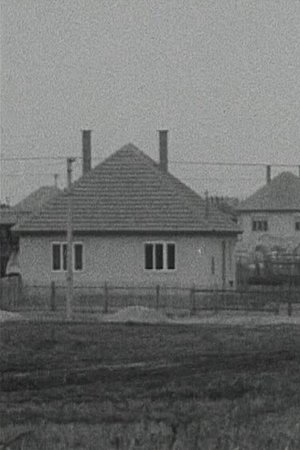
Tradition(1973)
Whiskey-making, one of the oldest traditions in the mountains, has been illegal since the end of the 18th century. Tradition is a portrait of Appalachian moonshiner Logan Adams, who began practicing his trade as a boy because “back then there wasn’t any jobs…about like now.” Adams discusses his vocation and why he continues to make whiskey despite having served a string of jail sentences for the practice. Adams’ story and family interviews are intercut with a federal revenue agent who describes the methods used by law enforcement agents to apprehend moonshiners. The film concludes with a tour by Adams of his still as he describes the whiskey-making process. This film will be of interest to anyone interested in moonshining, the economic and traditional forces that motivate illegal whiskey making, the law and its penalties, as well as anyone interested in what a practice long stereotyped by outsiders really entails.
Movie: Tradition

Tradition
HomePage
Overview
Whiskey-making, one of the oldest traditions in the mountains, has been illegal since the end of the 18th century. Tradition is a portrait of Appalachian moonshiner Logan Adams, who began practicing his trade as a boy because “back then there wasn’t any jobs…about like now.” Adams discusses his vocation and why he continues to make whiskey despite having served a string of jail sentences for the practice. Adams’ story and family interviews are intercut with a federal revenue agent who describes the methods used by law enforcement agents to apprehend moonshiners. The film concludes with a tour by Adams of his still as he describes the whiskey-making process. This film will be of interest to anyone interested in moonshining, the economic and traditional forces that motivate illegal whiskey making, the law and its penalties, as well as anyone interested in what a practice long stereotyped by outsiders really entails.
Release Date
1973-01-01
Average
0
Rating:
0.0 startsTagline
Genres
Languages:
Keywords
Similar Movies
 7.5
7.5King Coal(en)
The cultural roots of coal continue to permeate the rituals of daily life in Appalachia even as its economic power wanes. The journey of a coal miner’s daughter exploring the region’s dreams and myths, untangling the pain and beauty, as her community sits on the brink of massive change.
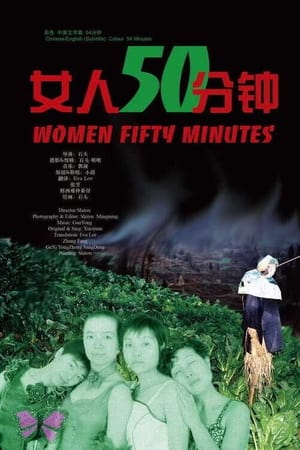 9.0
9.0Women 50 Minutes(zh)
A representation of queer and feminist imagery that was mainly shot in the Qinghai-Tibetan Plateau, remote and developing areas in southwest China, and metropolitan cities like Beijing from 2000 to 2004 to document the social changes in contemporary China. The director sympathetically and erotically represents a variety of women, including women as laborers, women as prayers, women in the ground, women in marriage, and women who lie on the funeral pyre with their dead husbands. Her camera juxtaposes the mountains and rivers in old times, the commercialized handicrafts as exposition, the capital exploitation of the elders’ living space, and the erotic freedom of the young people in a changing city.
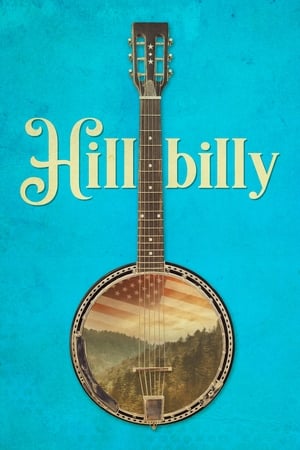 7.0
7.0Hillbilly(en)
A documentary that examines the cultural stereotype of the people of Appalachia and how that has affected America's relationship with its rural communities.
 10.0
10.0The End of an Old Song(en)
John Cohen, founding member of the ‘50s folk troupe the New Lost City Ramblers, started making films in order to bring together the two disciplines he was heavily active in: music and photography. The End of an Old Song brings us to North Carolina, and demonstrates the power of old English ballads sung with gusto while soused in a saloon.
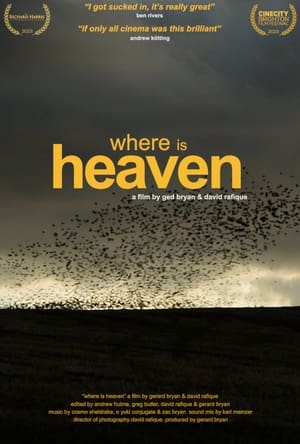 10.0
10.0Where is heaven(en)
Maverick soul mates Ged and Dave are on a mission through the winding lanes and hidden tracks of North Devon, to record the lives and experiences of people living without mains electricity.
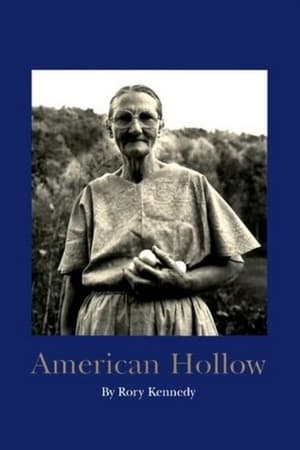 6.3
6.3American Hollow(en)
This documentary follows the lives of the Bowling family as they fight to survive in dirt-poor Appalachia. Matriarch Iree has given birth to 13 children, but only two have left to seek better lives in Ohio while the rest have married and started their own impoverished families near home. Uneducated and unskilled, all are unemployed, and domestic violence and alcoholism pose serious problems. The filmmakers explore the family's relationships through interviews and footage of their daily lives.
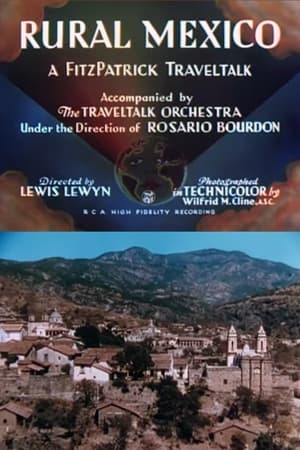 6.0
6.0Rural Mexico(en)
A Traveltalks visit to some small towns in Mexico. In Mazatlán, away from the tourist spots, we see a small village where fishing, growing coconuts, and gathering large sea turtles are the main pursuits. We then visit Toluca on market day, where people sell produce and pottery. The last stop is Taxco, where the Castilian influence of the Spanish conquerors is still prevalent.
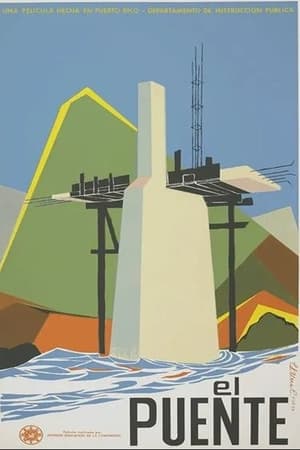 5.0
5.0El puente(es)
The efforts of a community to build a bridge which would allow their children to go school during the rainy season.
 6.0
6.0Eliot Ness vs. Al Capone(fr)
January, 1947. The public receives the news of Al Capone's death with indifference, although twenty years earlier he had ruled Chicago's crime underworld with brute force and corrupting many touchable individuals. Until the day the head of the Untouchables Brigade, Eliot Ness, entered the scene. Since then, a cruel battle between the two of them began, a battle that ended in trial, conviction, disease, insanity and death.
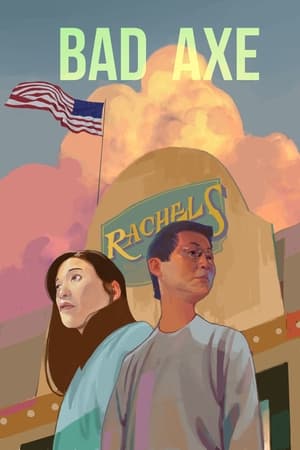 5.9
5.9Bad Axe(en)
A real-time portrait of 2020 unfolds as an Asian-American family in Trump’s rural America fights to keep their restaurant and American dream alive in the face of a pandemic, Neo-Nazis, and generational scars from the Cambodian Killing Fields.
 0.0
0.0Mountain Born: The Jean Ritchie Story(en)
Chronicles the 50-year career of singer/songwriter Jean Ritchie, from Viper, Kentucky to the New York stage. Pete Seeger, Arlo Guthrie, and her family and friends in Eastern Kentucky are among those interviewed. A 1996 KET production.
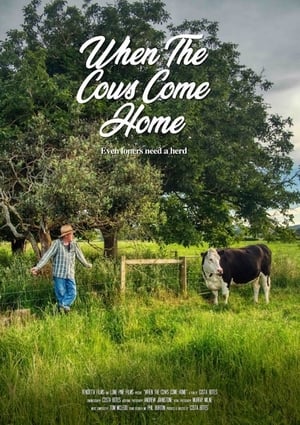 0.0
0.0When the Cows Come Home(en)
When the Cows Come Home introduces audiences to Tilly and Maggie, a pair of cows that musician, journalist, artist and cow whisperer, Andrew Johnstone has befriended and subsequently saved from slaughter. The garrulous herdsman is enthusiastic to expound his views on animal husbandry, bovine communication and the vagaries of life in general, before the film walks us back through the events that have shaped the singular farmer-philosopher. From personal family tragedy to warring with Catholic school authorities, innovating in Hamilton’s nascent music scene to creating guerrilla art installations; Johnstone’s life has had a truly idiosyncratic trajectory. Mental health issues may have seen him retreat to life on the farm, but the film makes clear its subject’s restless inquisitiveness is far from being put out to pasture.
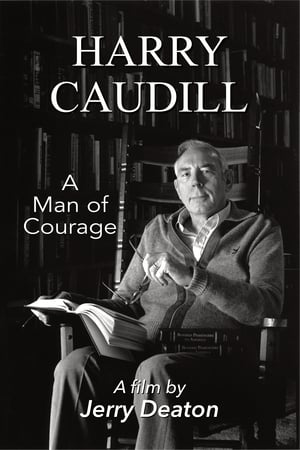 0.0
0.0Harry Caudill: A Man of Courage(en)
One of the most important Kentuckians of the 20th century, Harry Caudill brought the story of Appalachia to national attention when his book “Night Comes to the Cumberlands” was released in 1963. The nonfiction account of Eastern Kentucky’s coal region, part history and part polemic, eloquently recounted the exploitation of Appalachia’s land and its people by business and government interests, and made Caudill a national spokesperson for his homeland. Harry Caudill spent his life advocating for Eastern Kentucky, with the aim of helping the powerless as well as securing the region’s unmatched natural resources for future generations. His work led to lasting government reforms for Appalachia, and his legacy remains a touchstone for activists today.
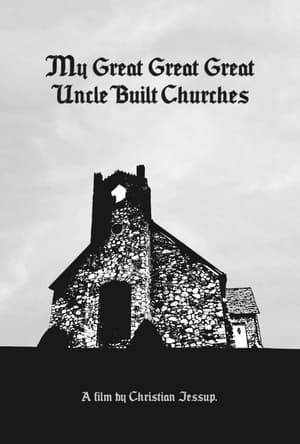 0.0
0.0My Great Great Great Uncle Built Churches(en)
Bob Childress was the founder and builder of the famous "Rock Churches" of southwest Virginia, all established between 1919 and 1954. In 2022, Buford Jessup and his family set out to visit all seven of his great uncle's churches.
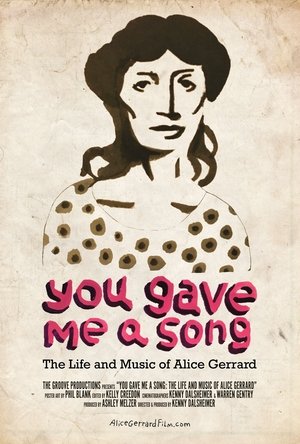 10.0
10.0You Gave Me A Song: The Life and Music of Alice Gerrard(en)
You Gave Me A Song offers an intimate portrait of old-time music pioneer Alice Gerrard and her remarkable, unpredictable journey creating and preserving traditional music. The film follows eighty-four year old Gerrard over several years, weaving together verité footage of living room rehearsals, recording sessions, songwriting, archival work, and performances with photos and rare field recordings. Much of the film is told in Alice’s voice and via interviews with musical collaborators and family members who share the story of Alice and others chasing that high lonesome sound.
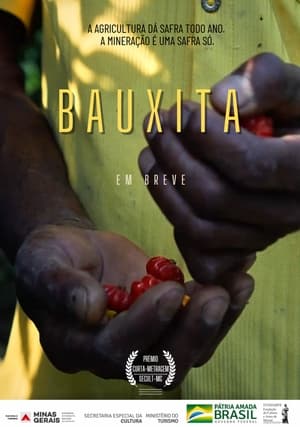 10.0
10.0Bauxita(en)
Brazil is one of the most dangerous countries for environmentalists. The rural community of Belisário holds the country's second largest bauxite reserve, right below one of the most bio-diverse areas in the world: the Atlantic Forest. The small community was shaken when the beloved Gilberto, a Franciscan Friar, received a death threat followed by the lines: "you've been talking against mining way too much". PT: O Brasil é um dos países mais perigosos do mundo para defensores do meio ambiente. Em Minas Gerais, a comunidade rural de Belisário abriga a segunda maior reserva de bauxita do país, em uma das áreas de maior biodiversidade do mundo: a Mata Atlântica. A tranquilidade do pequeno vilarejo foi abalada quando Frei Gilberto, um franciscano que dedica sua vida à preservação da natureza, recebeu uma ameaça de morte com o seguinte aviso: "você tem falado demais contra a mineração".
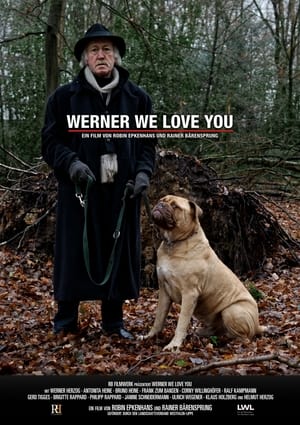 8.5
8.5Werner We Love You(de)
When Werner Herzog was still a child, his father was beaten to death before his eyes. His mother was overwhelmed with his upbringing and thereupon shipped him off to one of the toughest youth welfare institutions in Freistatt. This was followed by a career as a bouncer in the city's most notorious music club and an attempt to start a family. Today, the 77-year-old from Bielefeld lives with his dog Lucky in a lonely house in the country. Despite adverse living conditions, he has survived in his own unique and inimitable way.
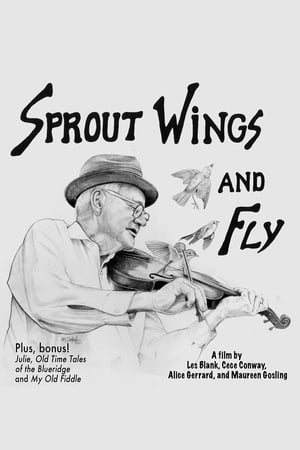 5.9
5.9Sprout Wings and Fly(en)
Set in the North Carolina Appalachians, Sprout Wings and Fly honors the fiddle playing of 82-year-old Tommy Jarrell of Toast, NC. Tommy was quirky, gregarious and generous, and this film shows him at his best, in fine fiddling form.
